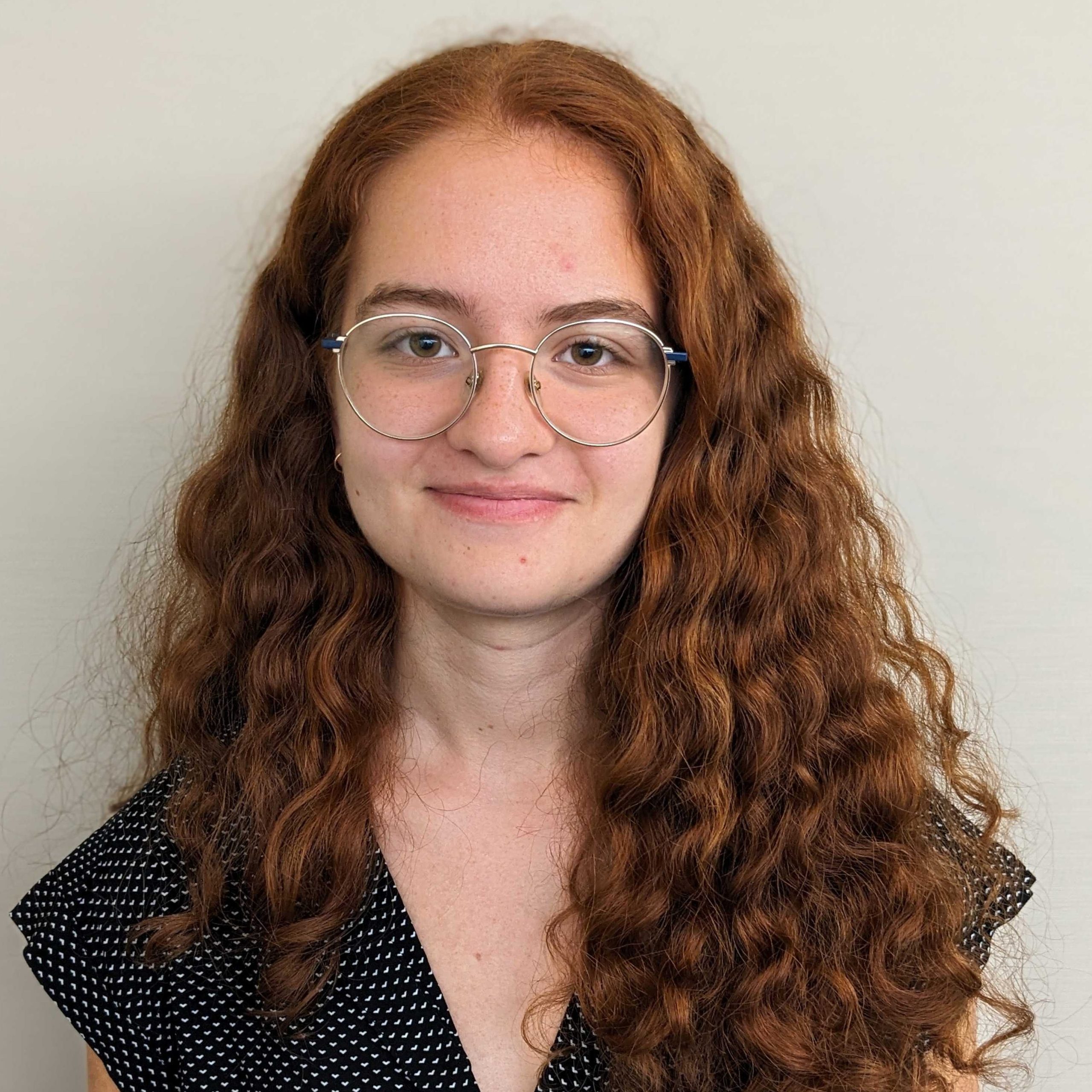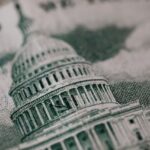Looking at financial contributions to campaigns is routine practice for political reporters during an election year, but two student journalists at Arizona State University’s Howard Center for Investigative Journalism went well beyond the routine to uncover a flaw in federal election law.
Their investigation revealed how elected officials might be taking advantage of a loophole in campaign finance law – and the repeated calls from federal agencies to close it up.
How it began
An interview with a campaign finance expert gave reporters Lillie Boudreaux and Mason Ald the idea to look at a special type of political action committee (PAC): a leadership PAC.
“A leadership PAC is defined as a political committee that is directly or indirectly established, financed, maintained or controlled by a candidate or an individual holding federal office, but is not an authorized committee of the candidate or officeholder and is not affiliated with an authorized committee of a candidate or officeholder,” says the Federal Election Commission (FEC).
According to the investigation, leadership PACs “are separate from the candidate’s ‘authorized’ campaign committees — the ones campaigns officially designate to receive and spend money. But leadership PACs are not bound by the same personal-use ban that applies to authorized committees, despite the leadership PACs’ close relationships to the candidates and officeholders who sponsor them.”
Through their reporting, Boudreaux and Ald found that Arizona candidates have spent leadership PAC funds on, “out-of-state trips to theme parks, five-star international hotels and even airfare for private planes, among other items.”
Mark Greenblatt is the executive editor of the Howard Center and a professor of practice at the Walter Cronkite School of Journalism and Mass Communication. He said that editors know a story is newsworthy when there’s bipartisan agreement around it – which in this case came from FEC Commissioners unanimously recommending a ban on personal-use spending from all PACs.
“I spent more than a decade in Washington myself as a reporter, and I didn’t find many things in my time in Washington D.C. that brought Republicans and Democrats together,” he said. “So yes, as an editor here, when I saw both parties coming together urging Congress to reform this issue, it was a clear sign that the system is broken.”
Newsgathering, writing and fact checking
Much of the reporting period was spent looking through countless expense reports. Boudreaux said that required setting guidelines for what expenses were normal and what could have qualified as personal use.
The reporters also had to keep tabs on deadlines and any new filings.
“A lot of the times, we would write up a draft, but then a new filing report would come out,” Boudreaux said. “So we’d have to update how much money they had spent that year or if there were any new transactions.”
After gathering the relevant information, Boudreaux was primarily responsible for writing the story, while Ald took up writing footnotes.
These footnotes, Ald said, were similar to in-text footnotes in academic papers, and they had to be placed next to statements of fact in the story copy. For example, if the story claimed that a candidate used leadership PAC funds for a purchase, Ald would have to pull up the PDF document from the FEC website and hyperlink it.
“At the bottom of the page it will cite that, and then you have to link and write your whole reference to what you were writing about,” he said. “You have to go into detail about what you’re referring to, where it says this is true, what article was this in. It’s a lot of detail.”
Since the copy listed names of companies and important political figures, Greenblatt said a thorough fact check was especially important.
“When you’re naming private businesses, when you’re naming federal candidates for office, reputations are on the line,” he said. “You just got to get the facts right.”
Opportunities for investigative business reporting
Greenblatt said this investigation opened the door for journalists examining other candidates’ use of leadership PAC funds.
“I think that investigative reporters and business editors can look at this story – which really only honed in on Arizona members of Congress – and they can effectively redo this story for their own local markets, their own local states, look at their own congressional delegation,” he said. “And the way that you do it is you simply go to the FEC, and you download their documents.”
Boudreaux said that reporters should develop a system early in the project.
“A piece of advice I would give to other reporters is making sure you’re keeping all of that research – every single document, everything you found – keeping that organized for yourself because it’ll make your life so much easier down the long road.”
For Ald, one of the keys to success was asking questions, especially to editors and colleagues like Boudreaux who had more political reporting experience.
“By asking her questions and by talking to her back and forth about what I was doing, that helped me retain a little bit of knowledge about politics myself,” he said. “And it helped me research more efficiently.”
Both Boudreaux and Ald said they became more attentive reporters after the investigation. And even though it was tiring and stressful, they agreed it was worth it.
“You’re running a cross-country race. It’s three miles and you’re at the very end at that third mile. You’re having an asthma attack. There’s sweat all over your body. You feel you’re going to faint and overheat, but you still want to win, and you still want to get it done,” Ald said.
“That was exactly where my brain was when I was working on that story.”
You can read the full investigation here.











